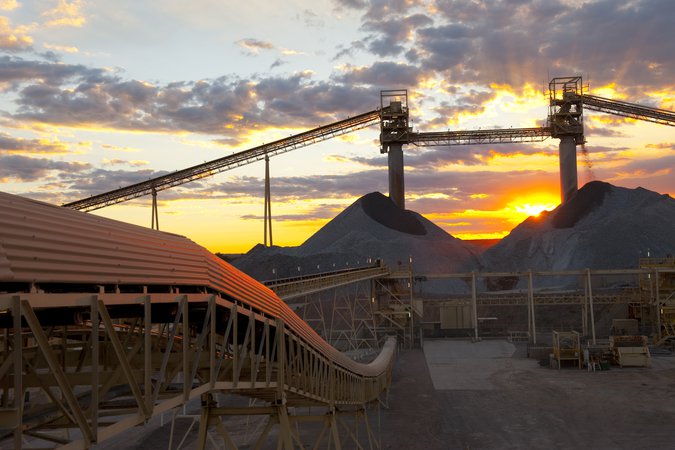The Economics of Fuel Economy Standards
DownloadThis paper discusses several rationales for the Corporate Average Fuel Economy(CAFE) program, including reduced oil dependence, reduced greenhouse gas emissions, and thepossibility that fuel saving benefits from higher standards might exceed added vehicle costs. Wethen summarize what can be said about the welfare effects of tightening standards, accountingfor prior fuel taxes, and perverse effects on congestion and traffic accidents through the impactof improved fuel economy on the incentive to drive. Implications of CAFE on local airpollution, and the controversy over CAFE, vehicle weight, and road safety, are also discussed.Finally, we describe ways in which the existing CAFE program could be substantially improvedand identify a variety of alternative, and much superior, policy approaches.
Authors

Ian Parry

Howard Gruenspecht





